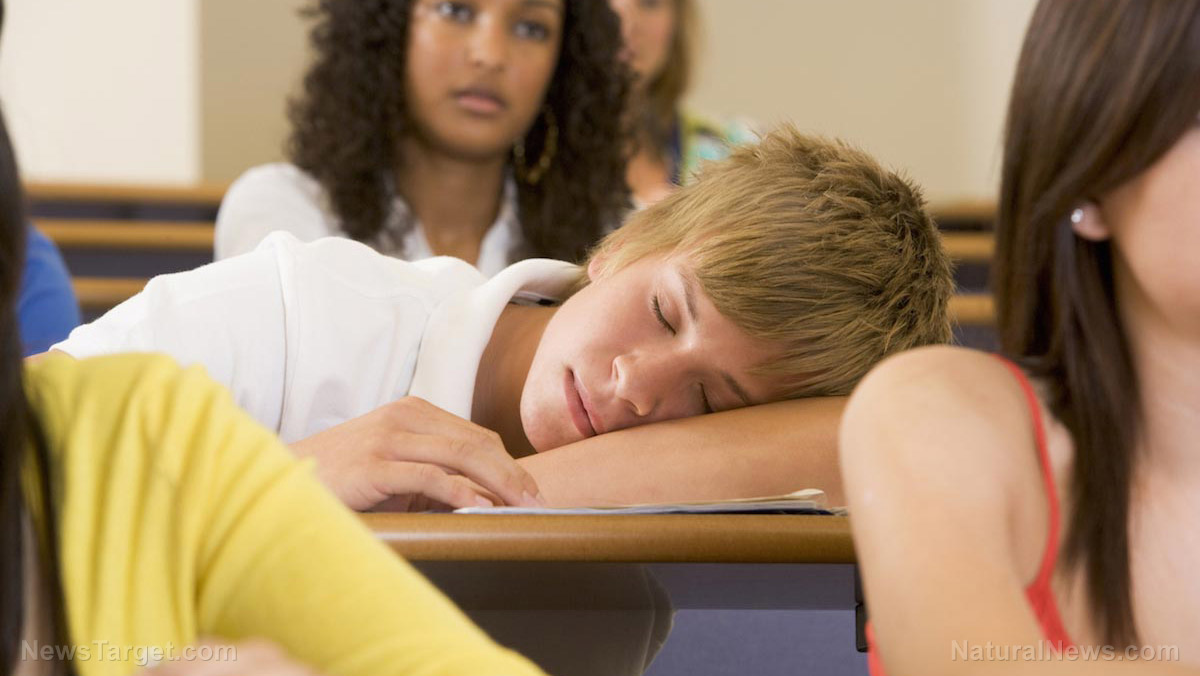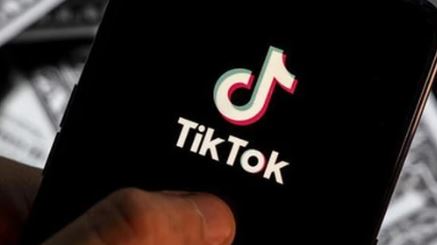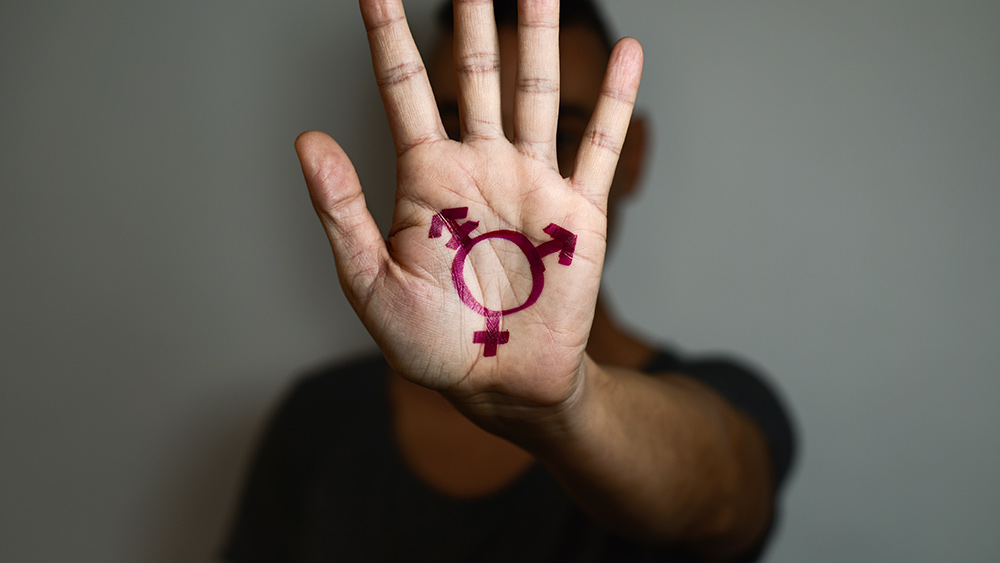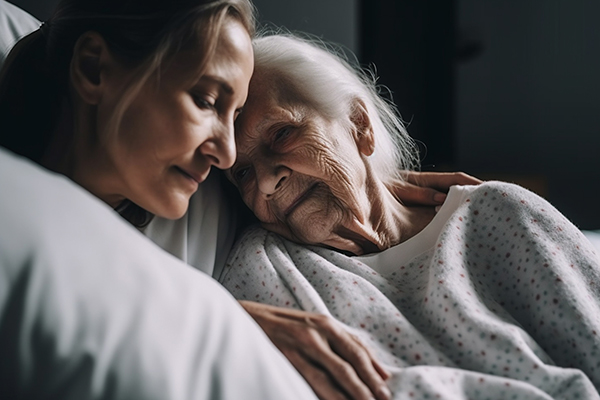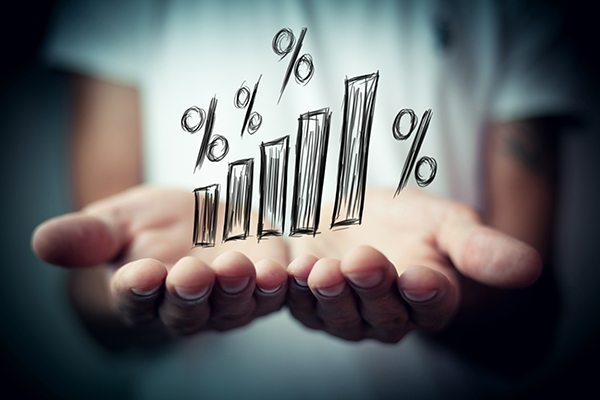Yoga beats sleeping pills: Ancient practice adds nearly two hours of sleep for insomnia sufferers
07/20/2025 / By Ava Grace
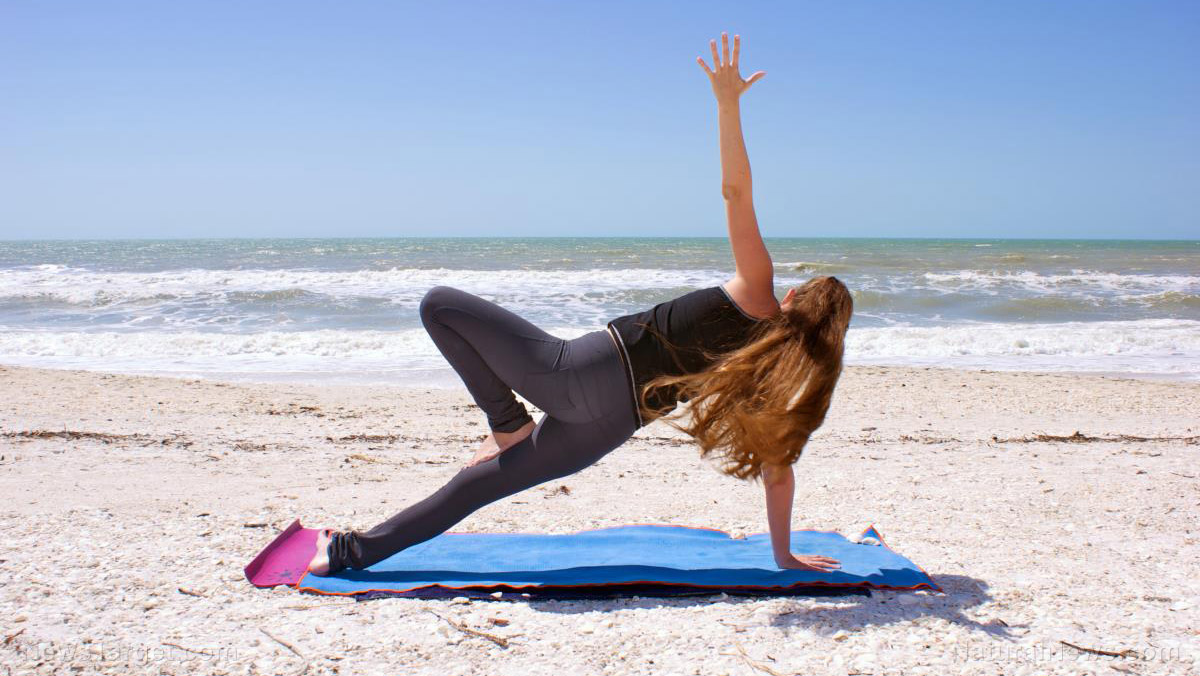
- A study published in BMJ Evidence-Based Medicine found that yoga helps insomnia patients gain an average of 110 extra minutes of sleep per night – more than sleep hygiene advice or stretching – while also reducing time to fall asleep and nighttime awakenings.
- Chronic sleeplessness affects 4-22 percent of American adults, costing the economy $100 billion annually and increasing risks for depression, heart disease and Alzheimer’s. Yet, mainstream solutions like sedatives and therapy are costly or carry dependency risks.
- Tai chi added 52 minutes of sleep per night, with benefits lasting up to two years, while walking or jogging significantly reduced daytime fatigue and insomnia severity.
- Unlike sleeping pills (risk of dependency) or cognitive behavioral therapy (expensive and hard to access), yoga and tai chi are low-cost, side-effect-free and address root causes like stress by activating the parasympathetic nervous system.
- The study challenges Western medicine’s reliance on pharmaceuticals, advocating for yoga, Tai Chi and walking as first-line treatments. While more research is needed, these natural solutions offer broad health benefits beyond sleep improvement.
Millions of Americans lie awake at night, trapped in a cycle of exhaustion and frustration as insomnia robs them of rest. While Big Pharma pushes expensive pills and therapists advocate costly cognitive behavioral therapy (CBT), a groundbreaking study reveals a simpler, more natural solution: Yoga.
Published in BMJ Evidence-Based Medicine, the research confirms what traditionalists have long suspected. Ancient mind-body practices like yoga and tai chi outperform modern medical interventions, offering nearly two extra hours of sleep without side effects or dependency risks.
Insomnia isn’t just an inconvenience; it’s a national health crisis. Between four percent and 22 percent of adults suffer from chronic sleeplessness, fueling a $100 billion drain on the economy through lost productivity and increased healthcare costs.
The Centers for Disease Control and Prevention (CDC) warns that poor sleep heightens risks for depression, heart disease and even Alzheimer’s. Yet instead of turning to proven, holistic solutions, the medical establishment has defaulted to prescription sedatives that carry addiction risks, or therapy sessions that many can’t afford. (Related: Yoga as complementary medicine: How yoga can support your mental and physical health.)
The study, led by researchers at Beijing University of Chinese Medicine, analyzed 22 clinical trials involving 1,348 insomnia patients. The results were striking: Yoga practitioners gained an average of 110 extra minutes of sleep per night, far more than those relying on standard treatments like sleep hygiene advice or stretching. Participants also fell asleep 29 minutes faster and woke up less frequently.
Unlike high-intensity workouts, which can overstimulate the body before bed, yoga’s gentle postures, controlled breathing and meditation activate the parasympathetic nervous system – the body’s natural “rest and digest” mode. This counters the hyperarousal state that keeps insomniacs awake.
For those resistant to yoga, tai chi – a slow-moving martial art – also delivered impressive results, adding 52 minutes of sleep with benefits lasting up to two years. Meanwhile, walking or jogging proved best for combating daytime fatigue, reducing insomnia severity scores by nearly 10 points.
Yoga: The surprising sleep champion that beats drugs
Drug treatments for insomnia are not without their side effects, and CBT isn’t always available due to the shortage of trained therapists, explain the researchers. Sleeping pills, though quick-acting, come with risks like dependency and next-day drowsiness. In contrast, exercise is low-cost, accessible and free of side effects.
The study’s lead author, Dr. Zhijun Bu, emphasized that these natural interventions align with the body’s biology: “Exercise is nature’s sleeping pill.” Unlike pharmaceuticals, yoga and tai chi don’t just mask symptoms—they address root causes like stress and nervous system dysregulation.
Historically, Western medicine has dismissed Eastern practices as “alternative” rather than mainstream. But as research mounts, even skeptics must acknowledge their efficacy. The study’s findings challenge the status quo, suggesting that public health guidelines should prioritize exercise as a first-line insomnia treatment.
However, the research isn’t flawless. Most trials were conducted in Asia, raising questions about applicability to Western populations. Additionally, self-reported sleep data (rather than lab measurements) introduces potential bias. Still, the consistency of results across multiple studies is compelling.
In an era where Big Pharma profits from perpetual prescriptions, this study is a wake-up call. Yoga, tai chi and walking cost nothing, empower individuals and come with bonus benefits – improved mood, stronger immunity and reduced inflammation.
For those tired of sleepless nights, the answer isn’t in a pill bottle. It’s in their own two feet, and perhaps a downward dog.
Watch this video about yoga for happiness and health.
This video is from the Progressive Voices Gary Null channel on Brighteon.com.
More related stories:
The elderly sleep easier with Tai Chi.
Sources include:
Submit a correction >>
Tagged Under:
Alzheimer's, controlled breathing, depression, exercise, heart disease, insomnia, Meditation, mindfulness, research, self-reliance, sleep, sleep medicine, sleeping pills, tai chi, walking, Yoga
This article may contain statements that reflect the opinion of the author
RECENT NEWS & ARTICLES
Mental.News is a fact-based public education website published by Mental News Features, LLC.
All content copyright © 2018 by Mental News Features, LLC.
Contact Us with Tips or Corrections
All trademarks, registered trademarks and servicemarks mentioned on this site are the property of their respective owners.

